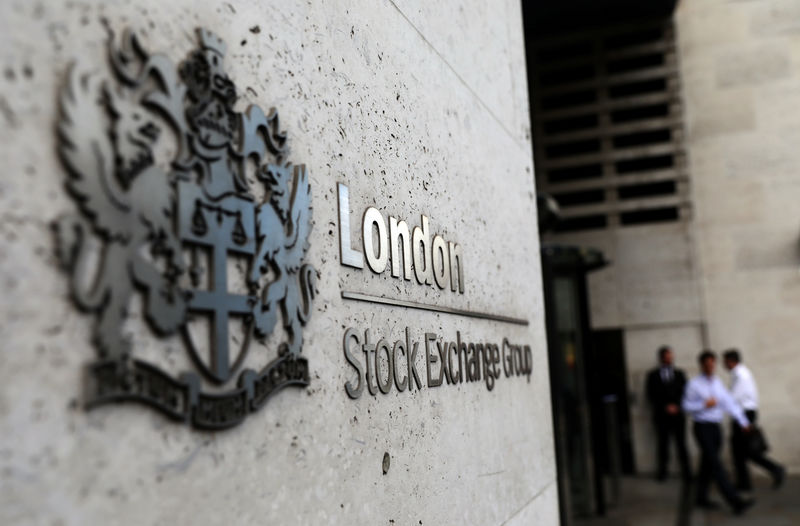Investing.com -- Shares of Currys (LON:CURY) soared over 11% on Thursday after the retailer delivered standout results for the first half of fiscal 2025, showcasing strong profitability growth across key regions despite a challenging consumer environment.
The company’s market share gains in both the UK & Ireland and the Nordics, coupled with disciplined cost control and gross margin improvements, fueled investor optimism.
Currys reported an adjusted pre-tax profit of £9 million for H1, a turnaround from the losses forecast by analysts, with RBC Capital Markets expecting a £9 million loss and consensus estimates projecting a £2 million loss.
Adjusted EBIT surged by 52% year-on-year to £41 million, underscoring the company’s operational resilience.
Group sales for the period reached £3.92 billion, slightly ahead of expectations, with UK and Ireland sales rising to £2.34 billion and adjusted EBIT at £23 million, outperforming analyst forecasts.
The Nordics region delivered adjusted EBIT of £18 million, also exceeding expectations despite sales of £1.58 billion falling slightly short of consensus estimates.
Free cash flow for the half-year leaped to £50 million, a substantial improvement from £4 million in the prior year. Currys’ net cash position reached £107 million, marking its strongest balance sheet since the 2014 merger.
This financial stability has prompted management to reaffirm its intention to resume shareholder cash returns in 2024.
Berenberg analysts upgraded their FY 2025 adjusted PBT forecast by 4% to £145 million, citing a lower interest charge driven by Currys’ improved balance sheet and reduced lease liabilities.
This adjustment offsets the anticipated £32 million in incremental costs stemming from recent UK budget changes, including employer National Insurance contributions and minimum wage increases.
While the fiscal 2026 and 2027 adjusted PBT forecasts remain unchanged, Currys’ clear guidance on managing these costs provides confidence in its ability to sustain profit growth.
The company expects normalized capital expenditure to remain below £100 million annually, alongside a reduction in exceptional cash costs to below £10 million by FY 2027.
Currys’ financial discipline has reduced its indebtedness by over £700 million between FY 2019 and FY 2024, with further improvements expected.
Berenberg forecasts the elimination of the company’s pension deficit by FY 2027, at which point contributions will cease, driving a step-up in free cash flow to equity to about £100 million in FY 2027 and over £150 million annually thereafter.
The company’s iD Mobile network, which now boasts over 2 million subscribers—a 32% year-on-year increase—and its recurring, higher-margin services revenue of £700 million, collectively underscore the strength of its cash generation potential.
